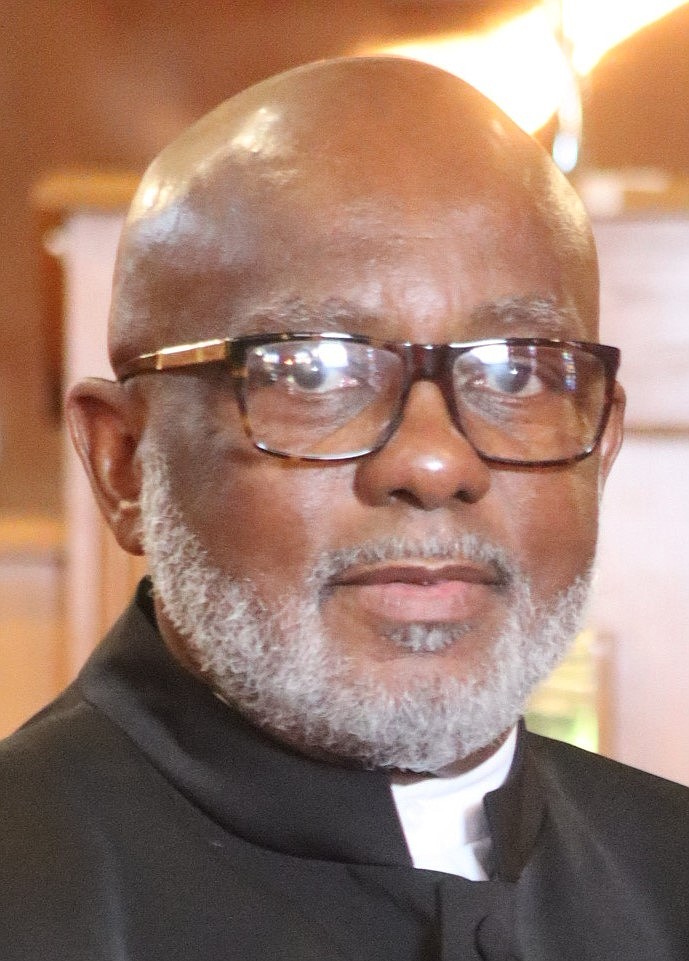Chestine Sims Jr.
Facing your future with confidence
By Chestine Sims Jr.
Special to The Commercial
James 4:13 is an invitation to us to plan our lives in the will of God. And a reminder that efficient, effective, and confident planning begins with Him.
James, the brother of Jesus, says, "Come now, you who say, Today or tomorrow we will go to such and such a city, spend a year there, buy and sell, and make a profit." The key word is "will." This is what "will" happen.
In other words, this is my plan, and I am going to work my plan out. My plan includes time, location, city, and purpose. Not that this might happen. This is what I am going to do. The merchant in the text has made definitive plans as though human beings make definitive plans.
James is not condemning planning. In Luke Chapter 14, there is a warning about a man who builds a tower but then does not consider how much it costs to build the tower. So, he launches out and starts the tower, and he does not have enough money to finish the tower. Consequently, people laugh at him because this man started a project and did not complete it.
Jesus and James knew that we must plan. In fact, Scripture encourages us to be like the ant (Proverbs 6:6-11). He plans for the long term. However, to plan without God is like going through a jungle without a compass. You cannot confidently plan your life without including God because we are dependent beings.
The issue in James 4:13 is that you and I cannot make definitive plans for the future because we are dependent, not independent, unlike God. God is independent by nature. And that means that God is not counting on other things to happen to make it possible for him to do what he wants to do.
He does not have to make sure that planes are still flying, and bad weather does not come in, so He can take a flight to get to the city where He will do business for a year to make such a profit.
To fulfill James 4:13, much has to happen. You have to assume you will make it through the rest of the day. The merchants in the text were planning for a year, not knowing anything about tomorrow (James 4:14).
Psalm 27:1 says, "Boast not thyself of tomorrow, for you do not know what the rest of the day will bring." We are not sure we will make it today. The emergency room is full of people who have plans for tomorrow. The graveyard is full of people who had future plans. You cannot plan your life independently of God.
The writer is not talking about planning to go to church. He is talking about planning your career, business, or travel and planning what you will do today or tomorrow. James is talking about everyday life. And he is saying it is not enough to include God on Sunday morning.
God must be part of the day-to-day activity of your life. And here is why. If he is omitted, you are in trouble because when something comes in that you did not anticipate, you will not know how to handle it. After all, your plans are fixed, and you cannot control all of life's elements.
So, the writer encourages us to subject our plans to God's sovereign will [James 4:15]. Because God knows more than you know, He is more powerful than you are. He has more abilities than you have. In other words, "God, here are my plans, and I subject my plans to your will."
Included in God's will is satisfaction. Romans 12:2 says God's will is good. His will is perfect, and his will is acceptable. And he wants us to prove his will.
Be encouraged!
Rev. Chestine Sims Jr. of White Hall is the pastor of St. John AME Church at Pine Bluff. The community is invited to join the church for worship in person and on Facebook live at 11 a.m. on Sunday.
Editor's note: Pastors, ministers or other writers interested in writing for this section may submit articles for consideration to shope@pbcommercial.com. Please include your phone number and the name and location of your church or ministry. Writers should have a connection to Southeast Arkansas.
